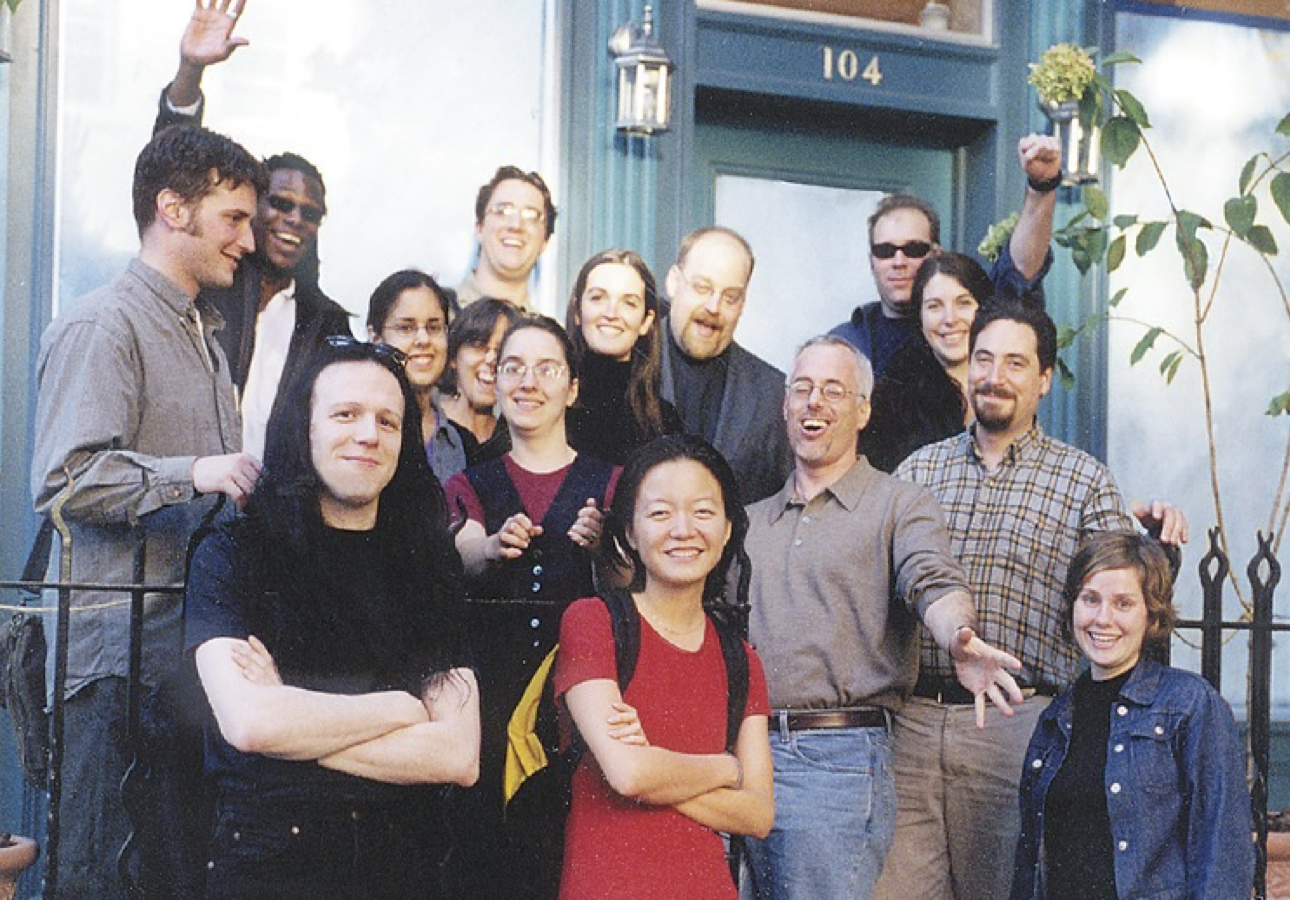Year-End Fundraising Fundamentals
Do you know what it takes to meet your fundraising goal?
With nearly 34 years combined experience, Susan Impalla, Director of Client Engagement, and Elizabeth Suckow, Director of Campaign Operations, have planned and executed hundreds of successful fundraising campaigns for arts and advocacy organizations across the country. Read on for insights and tactics from the experts at DCM.
Ask (Again) And You Shall Receive
Who are the best people to ask for gifts? Those who have already given. Asking current donors to give again within the same year is a very successful tool with the right messaging, timing, and segmentation.
Susan Impalla, Director of Client Engagement, emphasizes that the “messaging for a ‘second ask’ should be distinct. When someone’s already given, we want to give them the opportunity to support a new area, such as a community or education program. Or, we can inform them that increasing their membership level will provide additional benefits.”
In one of DCM’s most recent fundraising campaigns, “second asks” accounted for nearly $70,000 and more than 12% of the revenue raised on that campaign. This can be significant in terms of crossing the finish line with end-of-year goals.
Get More From Your Subscription Campaign
For performing arts organizations, subscription marketing campaigns are a prime opportunity to ask for gifts. In one subscription campaign for a presenting organization, DCM generated over $120,000 in add-on gifts within four weeks.
Elizabeth Suckow, Director of Campaign Operations, adds that the key to securing additional gifts is in the messaging. “The first thing you should do after confirming a subscription sale is highlight the way a patron can enhance their experience with the organization by becoming a member or donor. For example, inform them that they would be invited to a special event, artist meet-and-greet, etc. by making a donation.”
Another option is to ask the subscriber to make a round-up gift. While this generates revenue in the moment, Elizabeth warns that “round-up gifts under $25 very rarely translate into anything meaningful. You are not likely to convert someone who makes a small round-up gift into becoming a regular donor. Membership-level gifts are much more likely to renew year-to-year.”
Increase Impact with a Match
People want to feel like they matter and their gift makes a difference. A matching gift is an incredibly effective technique because it adds a motivating factor that is two-fold.
Before a fundraising campaign begins, identify a board member or sponsor who has already committed to a gift and ask for permission to make it a matching gift. Elizabeth suggests “emphasizing that it will amplify their gift, as this is one of the strongest techniques to convert more donations across the board.”
Then, message the campaign around the matching gift and highlight the double- or triple-impact of each donation. Susan adds that “assigning a deadline for a match adds a sense of urgency, even further strengthening the ask.”
DCM Turns 26
In celebration of DCM’s 26th anniversary, take a trip down memory lane with mini-quiz about happenings and pop culture in the year 1997.



